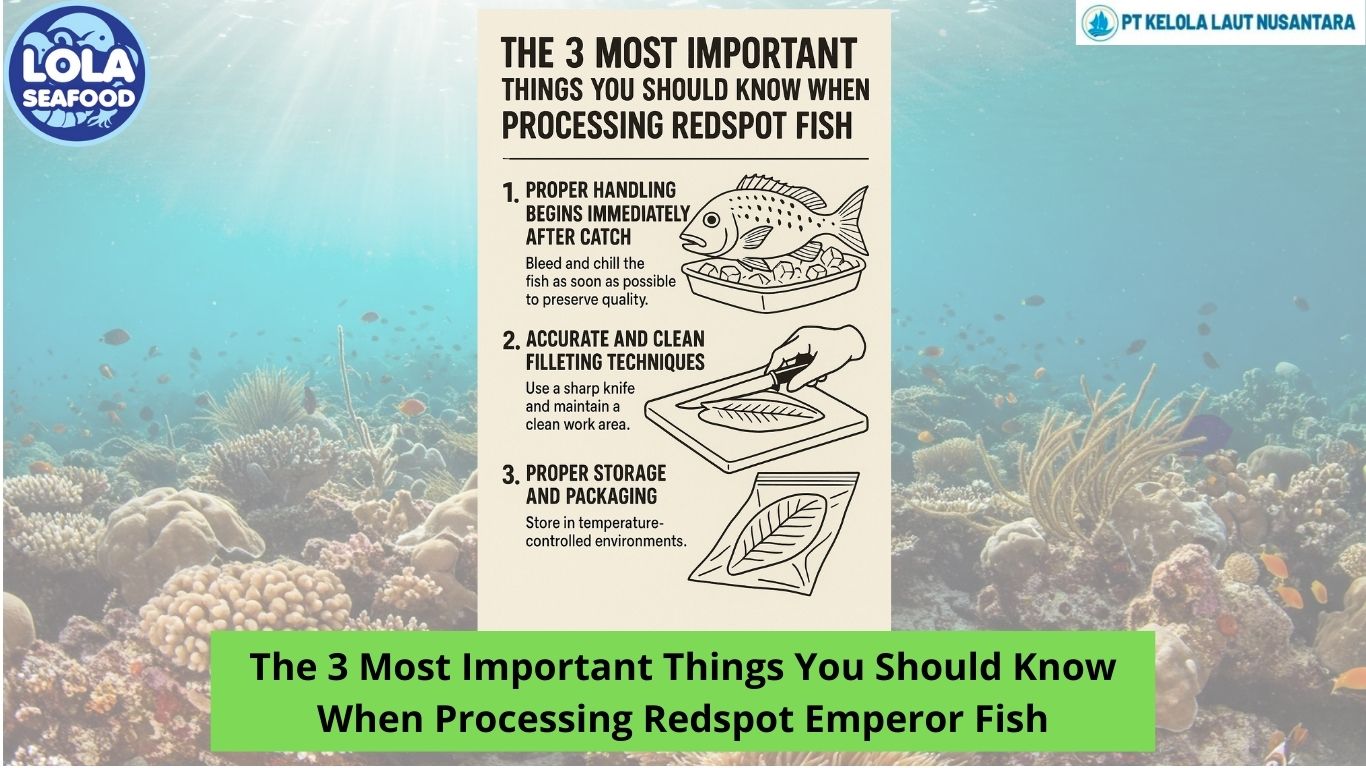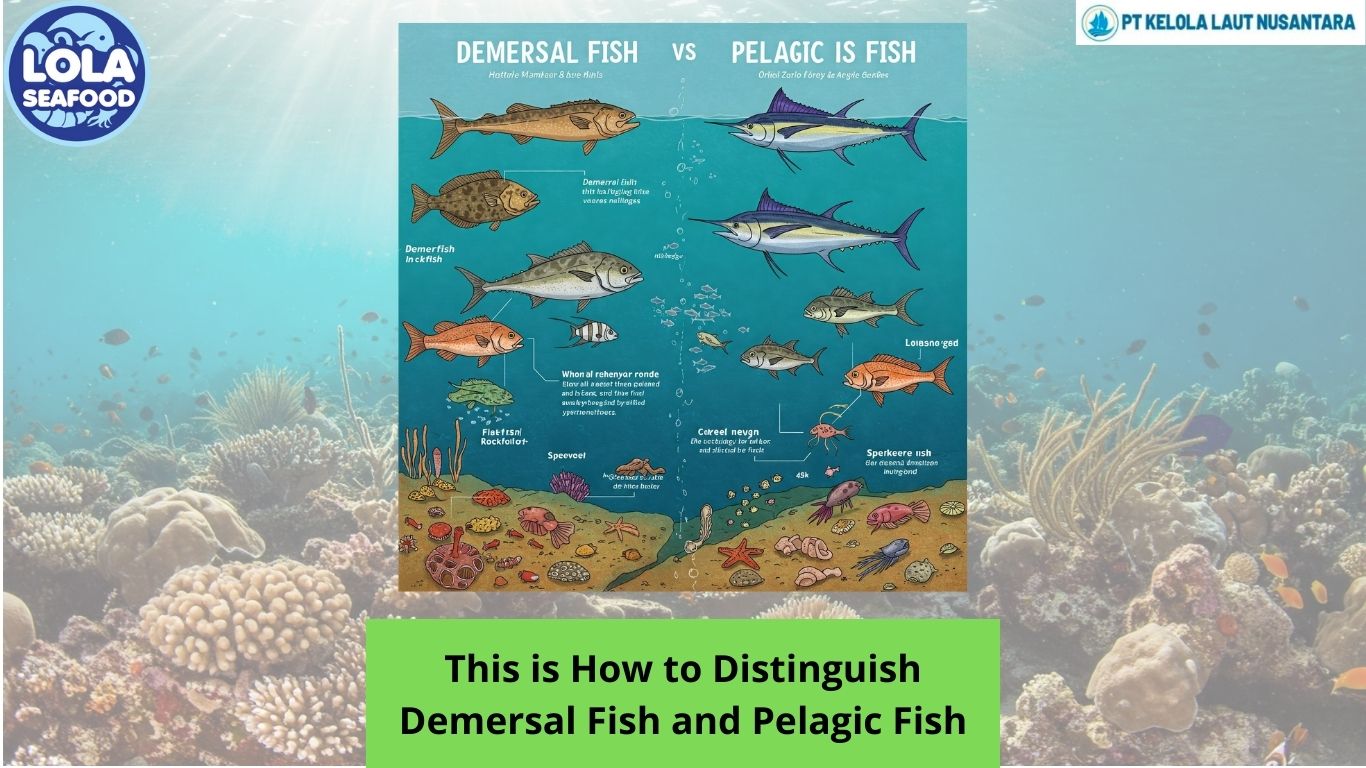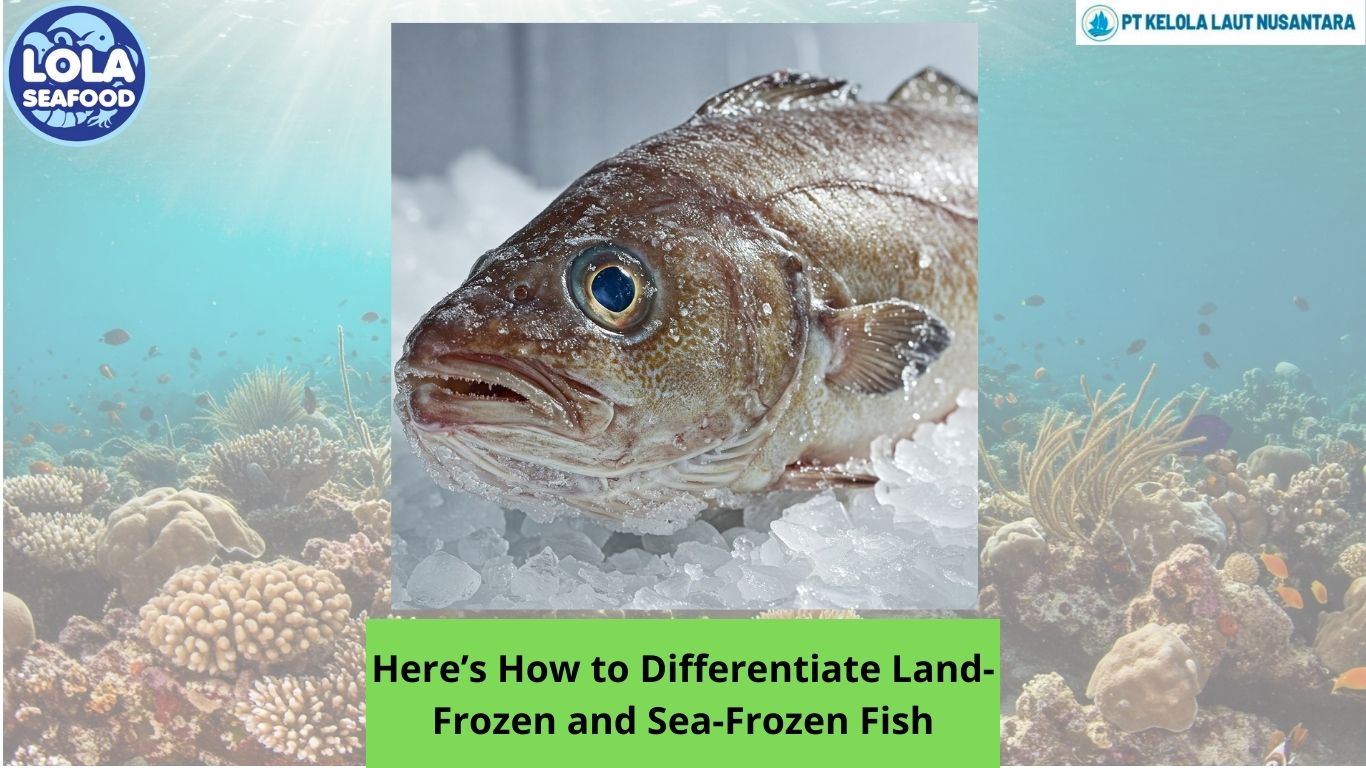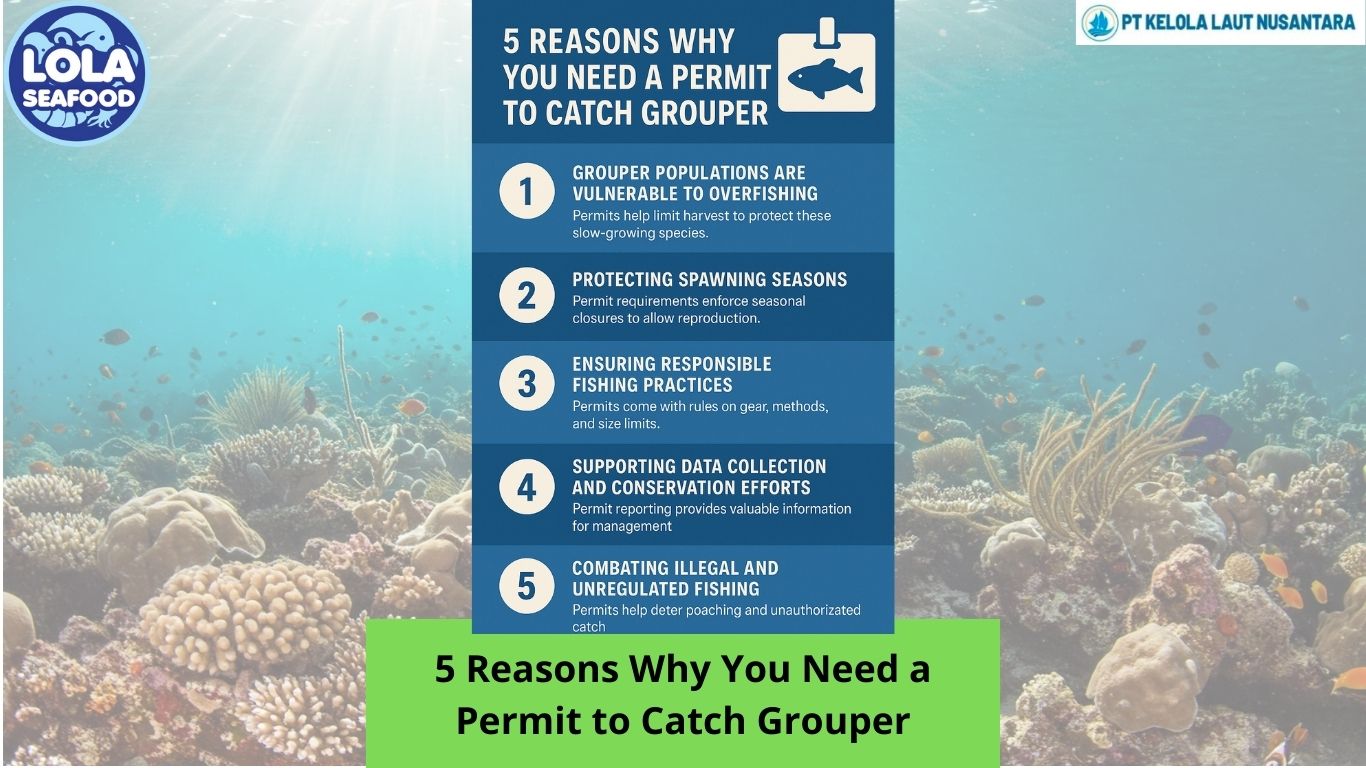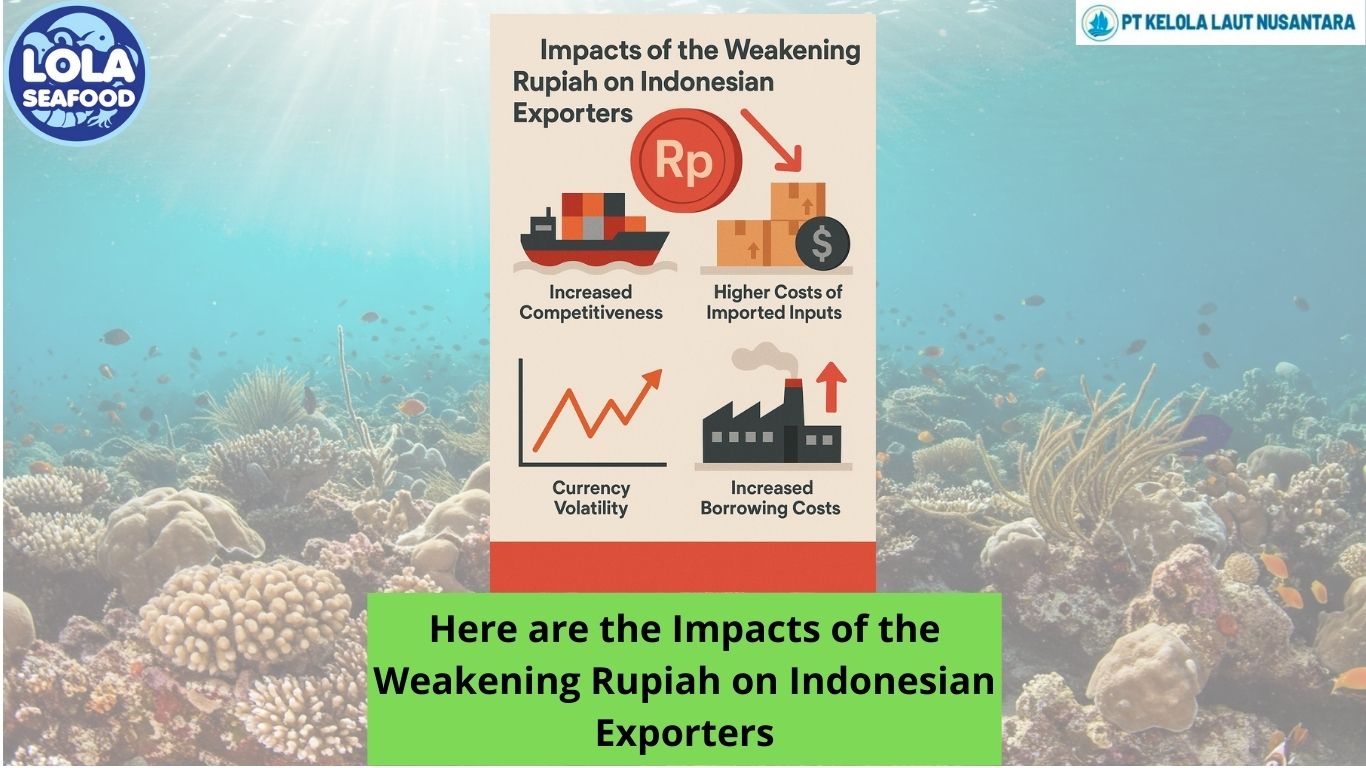The Role of Frozen Fish in Reducing Food Waste
By. Najih - 02 May 2024.jpg)
Food waste is a significant challenge worldwide, with vast amounts of food being discarded each year. In this context, frozen fish presents itself as a sustainable solution that can help reduce food waste at various stages of the supply chain. This article explores the multifaceted role of frozen fish in mitigating food waste and promoting sustainability.
- Preservation and Extended Shelf Life:
- Frozen fish undergoes rapid processing and freezing techniques that preserve its freshness and extend its shelf life.
- By freezing fish at peak freshness, producers can minimize spoilage and waste that often occur during transportation and storage.
- Reduced Spoilage and Losses:
- Unlike fresh fish, which has a limited shelf life, frozen fish can be stored for extended periods without significant loss of quality.
- This reduces the likelihood of spoilage during transit, distribution, and retail, thereby minimizing overall food waste in the supply chain.
- Demand Stabilization and Market Flexibility:
- The availability of frozen fish year-round helps stabilize demand and supply fluctuations, reducing the risk of overproduction and subsequent waste.
- Consumers have the flexibility to purchase frozen fish according to their needs, without being constrained by seasonal availability.
- Portion Control and Convenience:
- Frozen fish products often come in individually portioned servings, allowing consumers to thaw only what they need for a particular meal.
- This promotes portion control and reduces the likelihood of leftover fish being discarded after preparation.
- Sustainable Fishing Practices:
- Many frozen fish products are sourced from fisheries that adhere to sustainable fishing practices, thereby reducing the environmental impact of fishing activities.
- By supporting sustainable fisheries, consumers contribute to the long-term health of marine ecosystems and biodiversity.
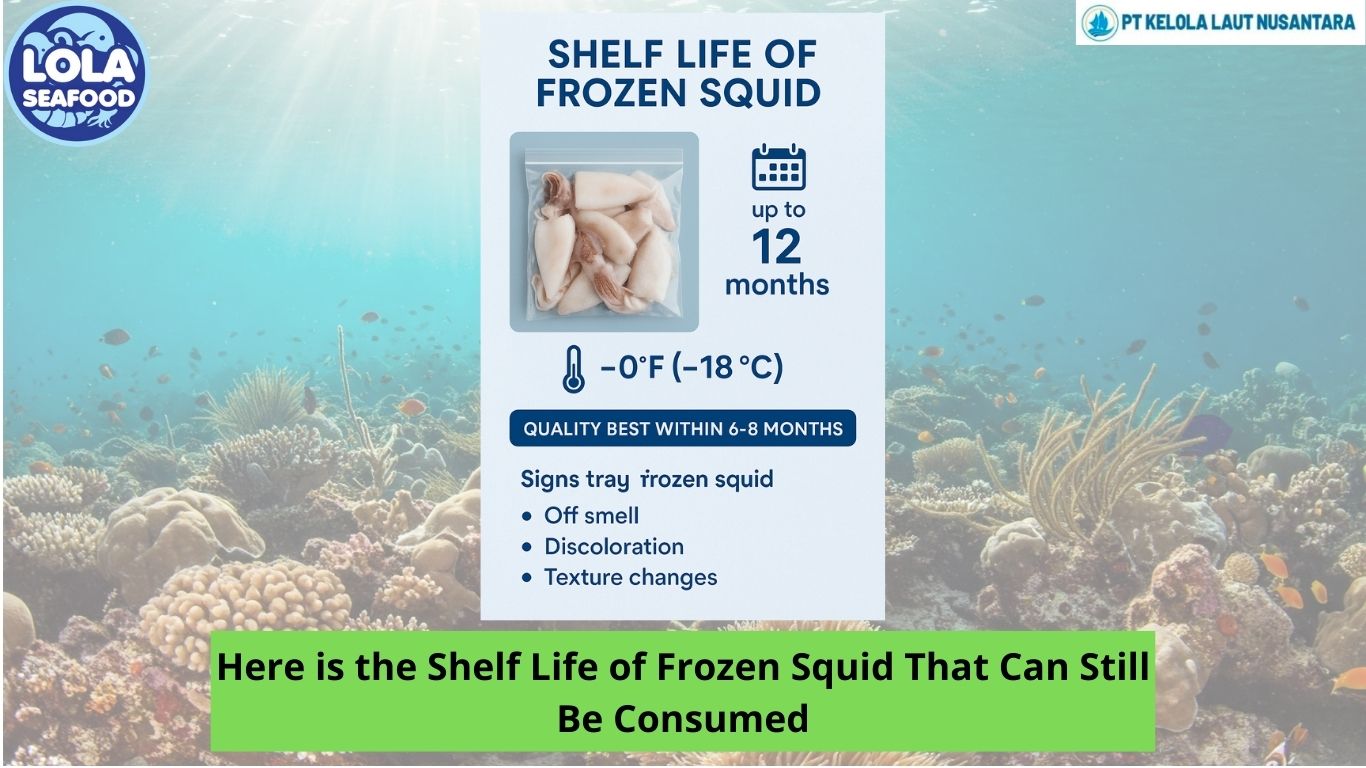
.jpg)
.jpg)
.jpg)
